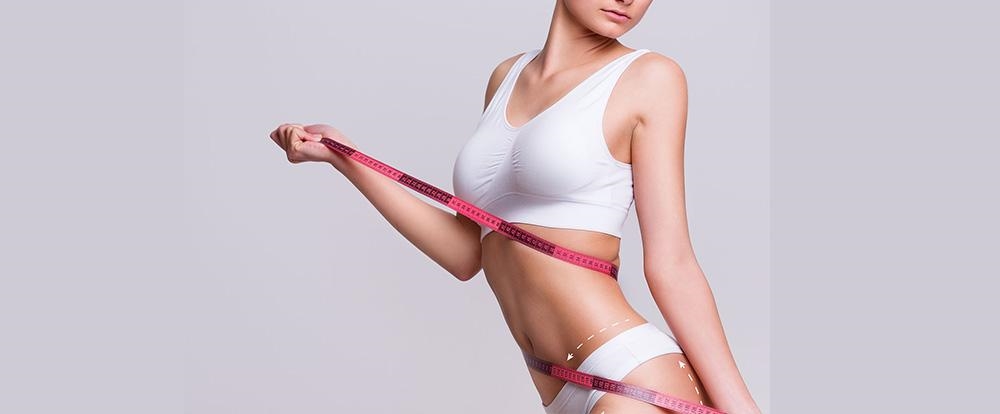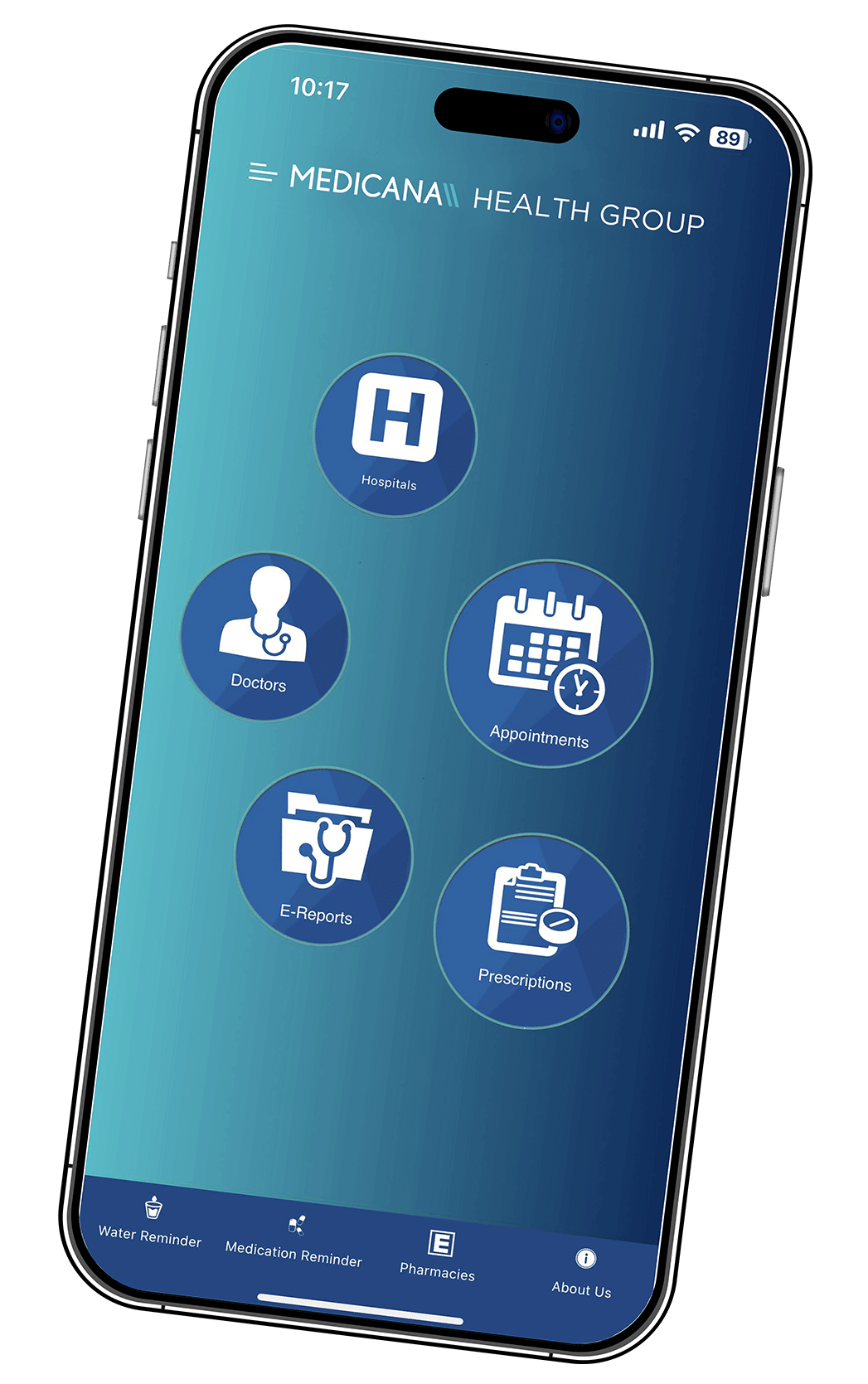Liposuction

Overview
Liposuction is a cosmetic procedure that eliminates fat and resists diet and exercise. The method may be combined with other plastic surgery procedures, including facelifts.
Liposuction is a surgical technique designed for body contouring, not as a means for weight loss, although weight reduction may occur as a result. This procedure not only removes localized fat deposits but also reshapes the targeted area by suctioning out the excess fat.
Due to the inherent risks associated with any surgical procedure, candidates for liposuction should be in overall good health. Ideal candidates are those at or near their target weight, with resilient and healthy skin, and non-smokers. Liposuction is not advised for individuals suffering from conditions that affect blood flow, such as heart disease, diabetes, or compromised immune systems. For those considering liposuction, it is crucial to discuss the procedure, realistic outcomes, and possible risks with our plastic surgeons.
Why is the Liposuction Procedure Done?
Liposuction aims to remove excess fat accumulation and recontouring in a particular body part in persons with otherwise healthy body weight. Therefore, liposuction should not be regarded as a weight loss method.
Accordingly, the objective should be thinning body parts, where fat accumulates despite diet and exercise.
Liposuction is a body part-specific operation, such as abdomen, hips, thighs, legs, arms, and neck. Liposuction is contraindicated in persons with heart disease, blood circulation disorder, and chronic diseases, such as diabetes mellitus and hypertension, as well as pregnant and breastfeeding women. In addition, your plastic surgeon will make extra tests and investigations to determine whether liposuction is an option for you.
Accordingly, it would help if you informed your surgeon about your health history.
On the other hand, liposuction does not help skin disorders. Moreover, it does not affect weight gain and recurrent accumulation of fat.
It would help if you discussed the aim of the liposuction with our plastic surgeon to get the most realistic and satisfactory outcomes.
Risks
Among the risks you may experience during liposuction surgery are;
- Bleeding
- Anesthesia-related complications
- Hematoma and seroma
- Infections
- Fat embolism
- Irregular contours
- Numbness of skin
- Injury of nerves, blood vessels, muscles, and nearby organs
- Formation of blood clots
Our expert surgery team will employ all practices to minimize the risk of complications, and our plastic surgeons will preoperatively inform you about the risks listed above and all other potential complications and will address all your concerns.
Preparation
The first phase of preoperative preparation is the same in all Medicana Hospitals.
After you decide to have liposuction surgery and discuss it with our plastic surgeons, the following examinations are performed to determine if you can undergo this surgery:
• Review of health history
• A detailed physical examination
• Necessary laboratory tests and radiology studies
• Assessment by anesthesiologists and other laboratory tests and radiology studies to minimize anesthesia-related complications
The first step in liposuction is talking to the plastic surgeon. You and your plastic surgeon will discuss your expectations, options, risks, and all other details related to the liposuction surgery.
If you decide to undergo liposuction surgery, your plastic surgeon will inform you about the preoperative preparations. Preoperative preparation is essential, and diet and alcohol restrictions are the case.
After it is verified that the surgery does not pose a risk, you will be asked to quit smoking if you are a smoker and to stop taking certain medications that increase the risk of bleeding. Your allergies, if any, and prescribed and over-the-counter medications, herbal products, and supplements will also be questioned, and you will be informed to continue or stop taking them.
You will also be instructed to stop eating and drinking at a particular time before the surgery. You should strictly follow this instruction to undergo the surgery as scheduled.
Moreover, it is reasonable to plan discharge, post-discharge accommodation, and travel at this phase to manage the postoperative period better.
Surgery and Early Postoperative Period
You can go home on the same day after liposuction. However, it is recommended that you have a companion with you after the operation. You may be asked to stay at the hospital if too much fat is removed in the liposuction.
The intended site will be marked, and before and after photos will be taken to make comparisons.
Although liposuction is performed under general anesthesia, local or regional anesthesia can be considered for minor procedures.
Different techniques can be used for liposuction surgery. However, the common point is using a thin tube, called a vacuum-linked cannula, to absorb fat from your body.
Tumescent liposuction is the most common technique. Your surgeon injects a solution that contains sterile saline, lidocaine, and epinephrine into the area where the fat will be suctioned. This technique is accompanied by less bleeding, mild pain, and ease of suction.
In the ultrasound-assisted liposuction technique, sound wave energy is used to break up (emulsify) the cellular walls of the fat under your skin. In this technique, the solid fat is liquefied. Laser-assisted liposuction uses laser energy to melt the fat. The liquefied fat is suctioned using the cannula.
After the surgery, you may feel pain and recognize swelling where fat is suctioned. Or, you may even notice bruising in the skin of the region. These are expected symptoms that will spontaneously disappear within several weeks.
Although you will feel minimal pain, your plastic surgeon will prescribe painkiller pills to manage the pain. Moreover, antibiotics can be prescribed to avoid a potential infection. Depending on the body part where liposuction surgery is performed, you may be asked to apply a compression bandage or wear tight garments, such as a corset. Here, the aim is to reduce swelling and support the region's new contour. Your plastic surgeon will inform you whether you must be observed or stay in the hospital.
Once you've regained full consciousness from the anesthesia and are able to walk, our medical team will assist or supervise your initial movements.
Prior to your discharge, either your plastic surgeon or another medical expert will guide you on the necessary rest period and the appropriate time to begin light exercises. While you may resume normal daily activities, you will be advised by your physician to refrain from heavy lifting or vigorous tasks for a specified duration.
It is essential to follow those instructions to facilitate recovery and get the best outcome from the surgery. Therefore, please ask your plastic surgeon all your questions before you leave the hospital. It would help if you visited your plastic surgeon for scheduled follow-up visits before you are discharged. If you experience warmth and redness in your incision line or the surgical site, or if you have a fever or any symptoms that you think are due to surgery after you are discharged, contact your plastic surgeon immediately.
Results
Liposuction permanently removes fat cells. However, the risk of weight gain cannot be eliminated, as new fat cells will grow. After the surgery, you will need a healthy diet containing fat-free foods, fruits, vegetables, and wheat to protect your new contours. Regular exercise is also essential.




















